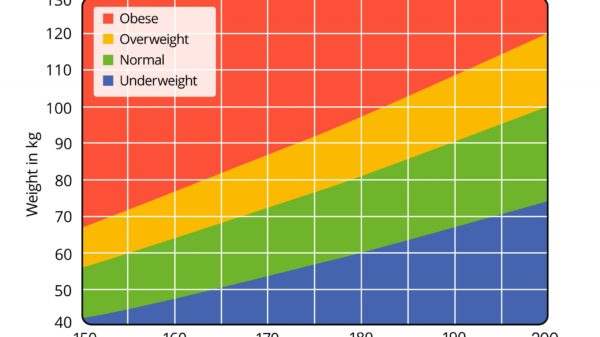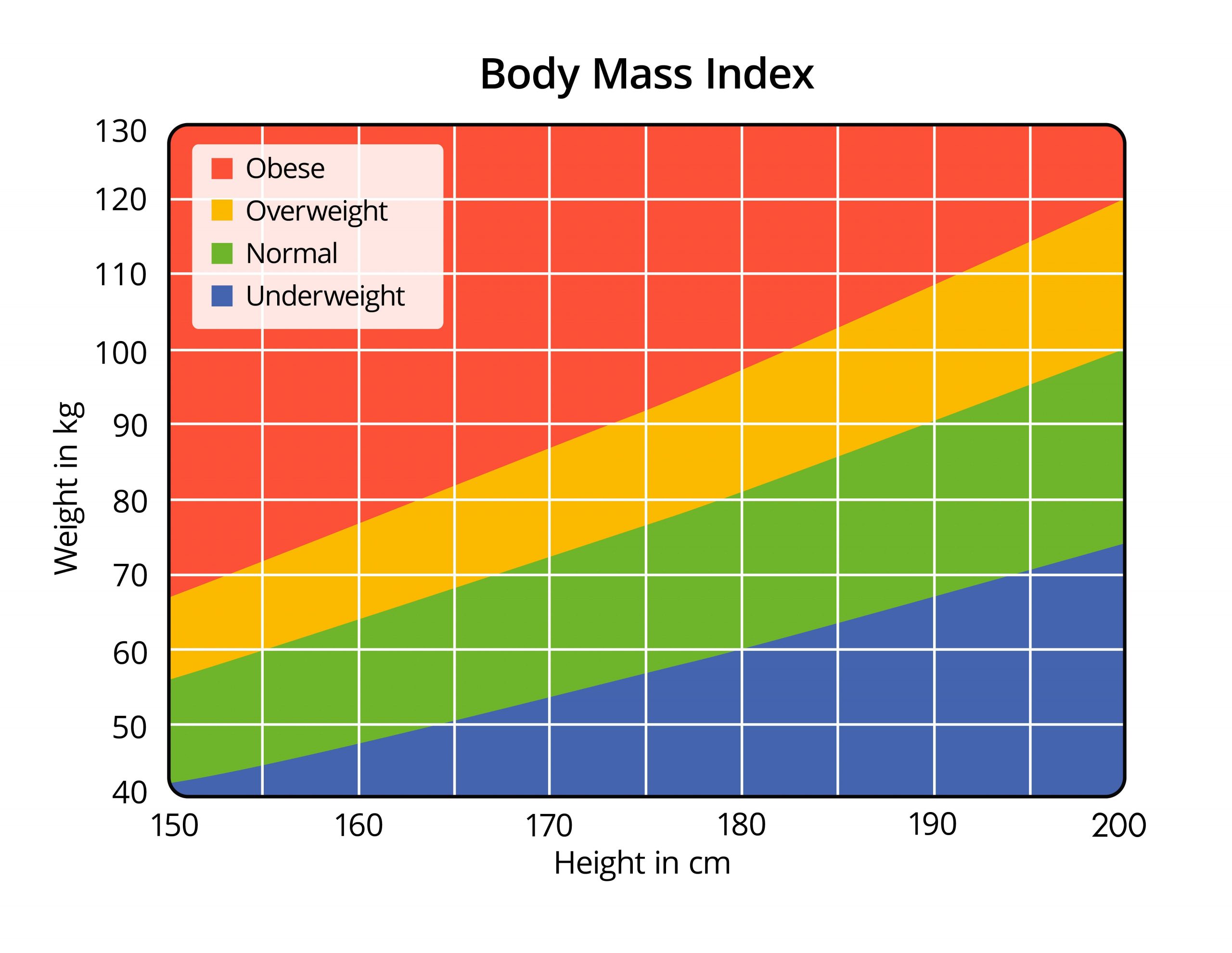For many people, understanding and dealing with their weight is a difficult process often fraught with confusion. What should you eat? How much exercise should you do? The answer to both of these questions can be found in your body mass index (BMI). BMI is a measure of your weight relative to your height and is used as an indicator of overall health. Let’s take a look at what it means and how to use it.
What Is BMI?
Your body mass index, or BMI, is a number calculated from your height and weight that provides an indication of body fatness and overall health. It helps you assess how much body fat you have relative to your height. Generally speaking, the higher the BMI number, the more body fat you have, but it doesn’t tell you how much of that fat is muscle or other tissues.
How Do You Calculate Your BMI?
The formula for calculating your BMI is fairly simple: divide your weight in kilograms by your height in meters squared (kg/m2). You can also use a calculator online such as this one from the Centers for Disease Control and Prevention (CDC). The CDC website also outlines the various categories that are associated with different BMIs so that you can understand where yours falls on the spectrum. Or go to this website.
What Does Your BMI Mean?
Your BMI tells you if you are underweight, normal weight, overweight, or obese based on several factors including age and sex. It does not tell you whether or not you have too much muscle or too little fat—only if the amount of body fat that you have is within healthy limits according to scientific standards. That said, it’s important to note that even though a person may have a “normal” BMI, they may still be unhealthy if they don’t exercise regularly or eat well-balanced meals throughout the day.
Understanding your body mass index (BMI) is key to maintaining good health and achieving any fitness goals that you may have set for yourself. By understanding how to calculate your own BMI and what factors go into determining it, you can get an idea of where you stand in terms of overall healthiness and then make adjustments accordingly. Eating healthy foods in sensible portions combined with regular physical activity will help keep your weight—and thus your BMI—in check for years to come!





















































